Microrobots dubbed “microwalkers” can both swim and walk, allowing them to transverse challenging biological environments.


Microrobots dubbed “microwalkers” can both swim and walk, allowing them to transverse challenging biological environments.

Credited as one of the first computer scientists, Ada Lovelace saw the potential of computers a century before any were ever built.
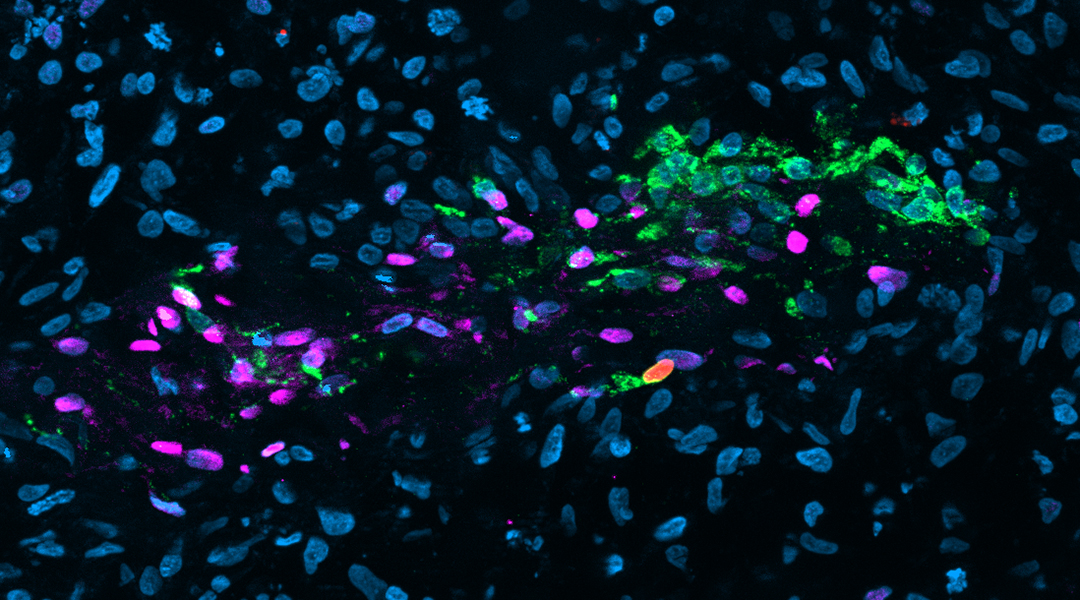
Dehumidifying pendants, the origins of olfactory neurons, microspectrometers, and transforming cancer agents.
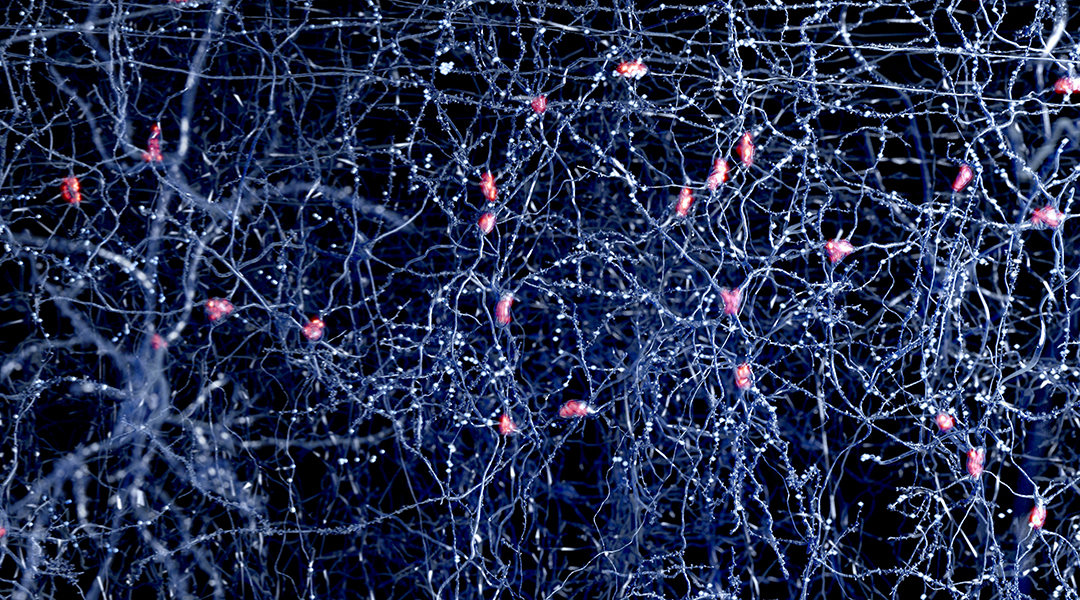
Researchers identify a protein that stops the brain from connecting memories, and regulating it could help improve memory loss treatment.

Researchers show that through aging the number of stem cells contributing to blood cell production significantly shifts.

A real-world study showed dogs were almost as good as PCR tests when detecting COVID-19 in individuals.
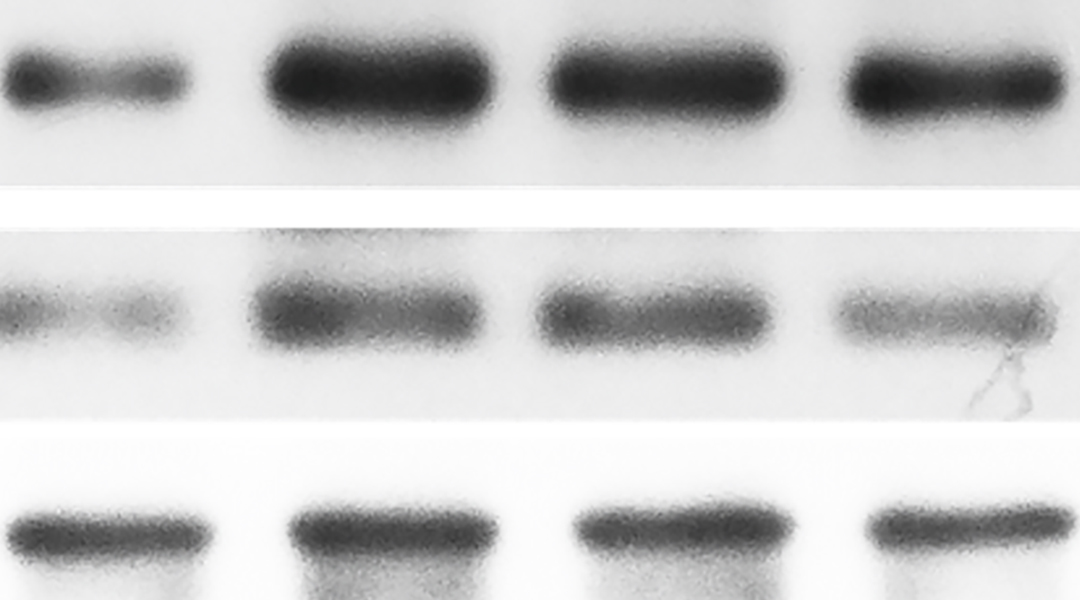
Deepfakes in the biomedical literature are coming, if they aren’t here already.

Using light-based polymerization, researchers have reduced the amount of time needed to 3D print certain medicines from minutes to seconds.
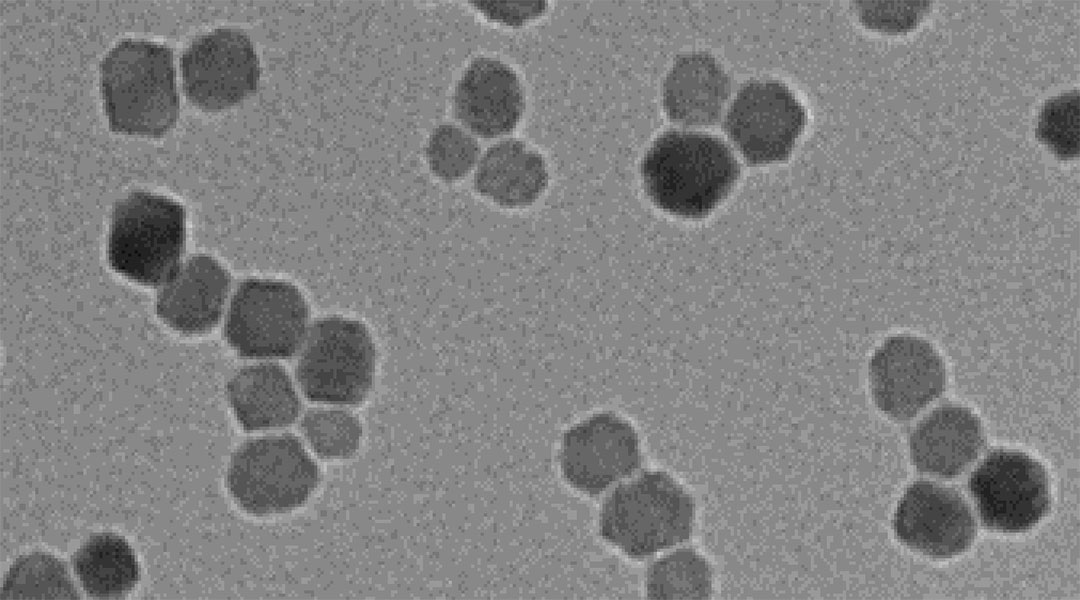
A non-surgical option for women who suffer from endometriosis, this nanoparticle therapy shows promising preliminary results.
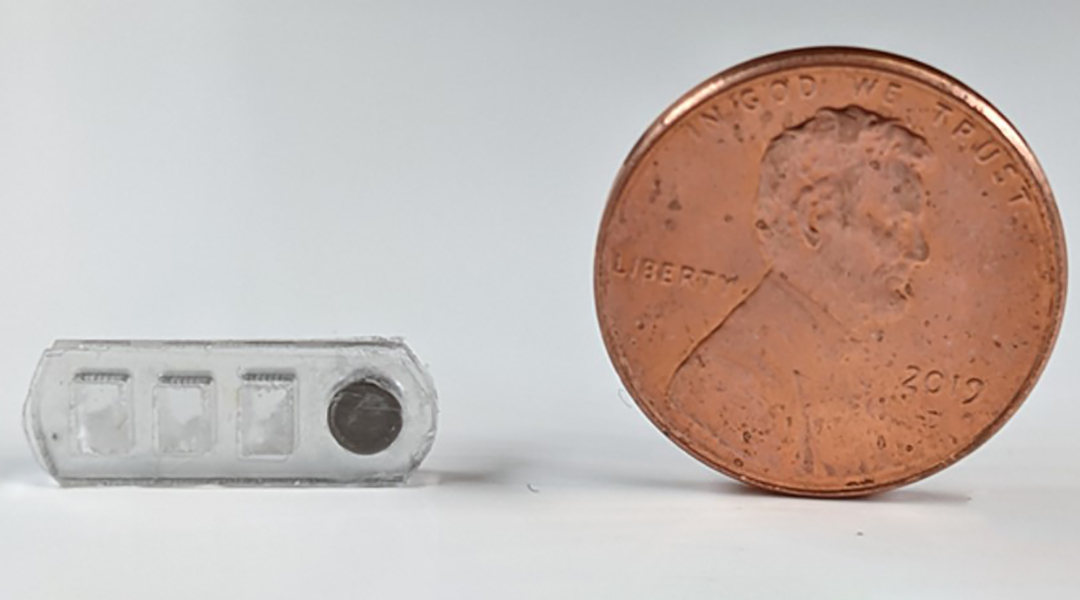
A robotic pill capable of collecting biomarkers, including proteins and bacteria, from the gut provides an easy-to-use disease screening tool.